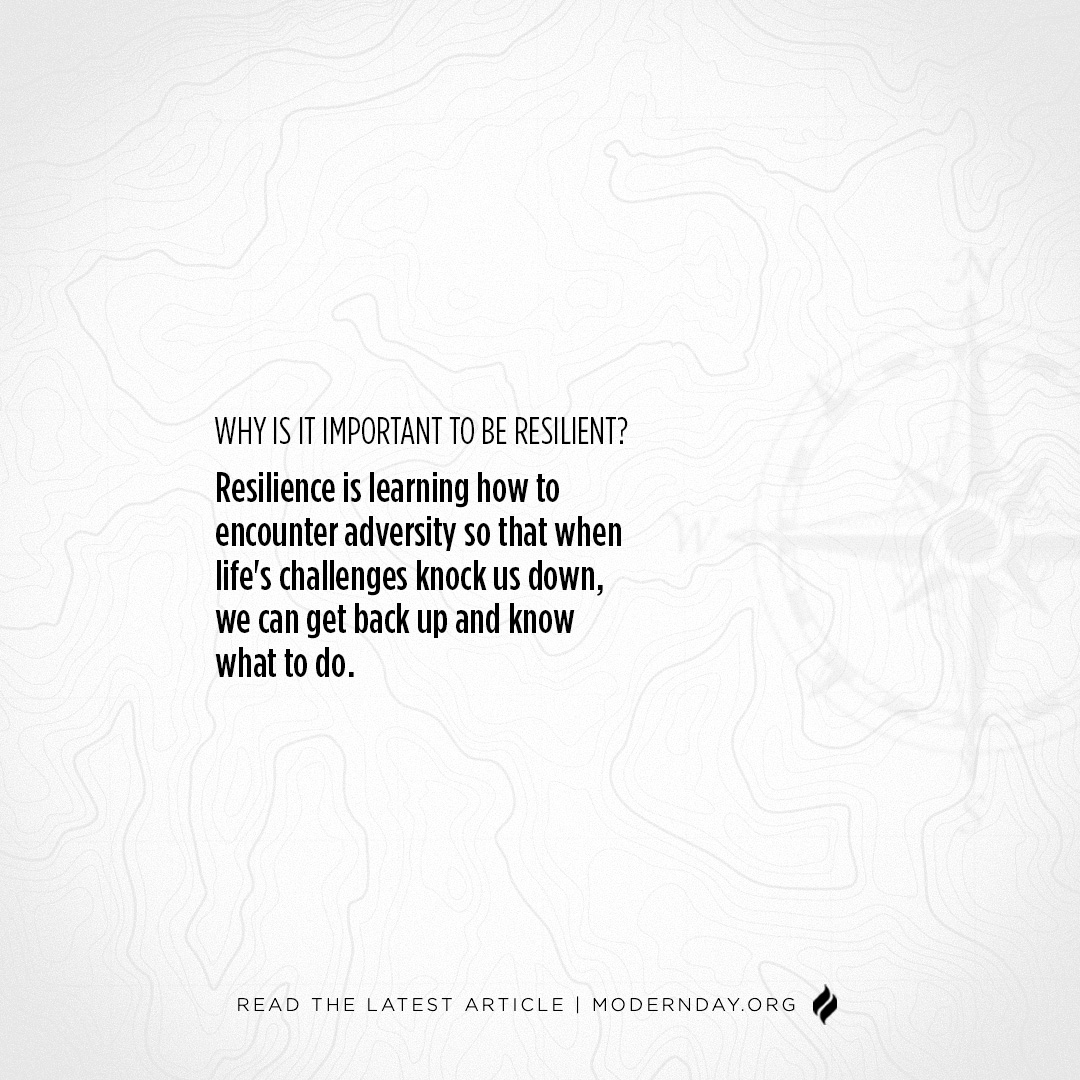As noted in a previous blog post, one of the biggest misconceptions about evangelism is that we shouldn’t do it unless we have “divine appointments” — that is, opportunities to share the Gospel that are unambiguously orchestrated by God. In reality, Christians can initiate conversations about Jesus anytime they want. Only they should use wisdom and sensitivity in their approach.
An equally dubious idea is that we shouldn’t make a habit of proclaiming Christ to non-acquaintances unless we’re authenticating the message through displays of miraculous power (otherwise known as “signs and wonders”). Such demonstrations of the supernatural include healing people with terminal illnesses and demonstrating inexplicable knowledge about someone’s life that could only have been disclosed by God. There’s certainly a place for this evangelistic mode of operation. Indeed, when one of Jesus’s earliest followers, Philip, preached the Gospel in Samaria (part of what is commonly referred to as the West Bank today) the “crowds with one accord paid attention to what was being said by Philip when they heard him and saw the signs that he did.”1 However, I object to the notion that evangelism and uncanny activities must always go hand-in-hand.
The Apostle Paul suggested in his letter to the church at Corinth (part of modern-day Greece) that not every Christian is equipped by God to perform “signs.” He rhetorically asked “Do all work miracles? Do all possess gifts of healing?” He implicitly answered “No” to those questions. 2 Paul also knew full well that sometimes when evangelists do spectacular exploits, it can backfire. When Paul healed a paralyzed man in Lystra (part of modern-day Turkey) the crowd that witnessed this event ignored his Gospel presentation and started to worship the apostle. 3 Most importantly, nowhere in the Bible is it suggested that we must all be miracle workers to be qualified evangelists.
Furthermore, most of the mighty things Jesus did for people was in response to the faith that they already possessed, not an antecedent to that faith.4 Yes, there are those whose hearts were (and will be) opened to the truth because of miracles, but there are (and will always be) those who will respond to the stand-alone message of Christ. When Paul and his ministry partner Silas preached in Thessalonica (also in Greece) they “reasoned with them from the Scriptures” and “some of them were persuaded” and joined the duo. 5 In that instance, Paul and Silas only shared the message with no frills.
Our only necessity as Gospel messengers is a basic and clear comprehension of the message of salvation. And we also need to be armed with the understanding that God wants people to be saved more than we do and He knows their hearts. If someone would open up to the truth because of signs and wonders, God knows that and He will provide those at the right time — not necessarily indiscriminately.
1. Acts 8:6
2. 1 Corinthians 12:27-31
3. Acts 14:8-18
4. Matthew 13:58
5. Acts 17:1-4
Photo by Ivan Turkouski
If you would like to make a financial contribution to Raymond Billy, Click Here.







